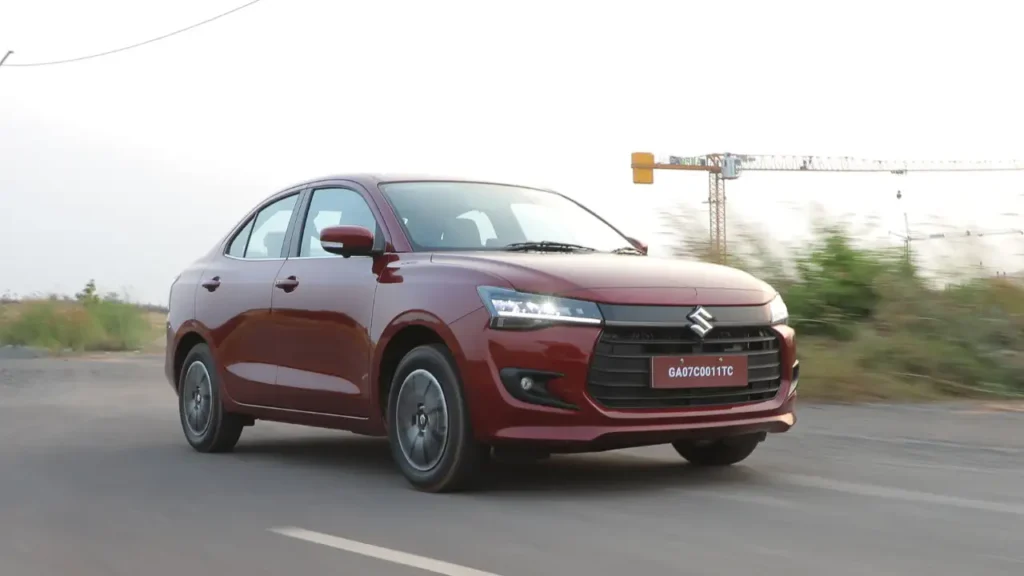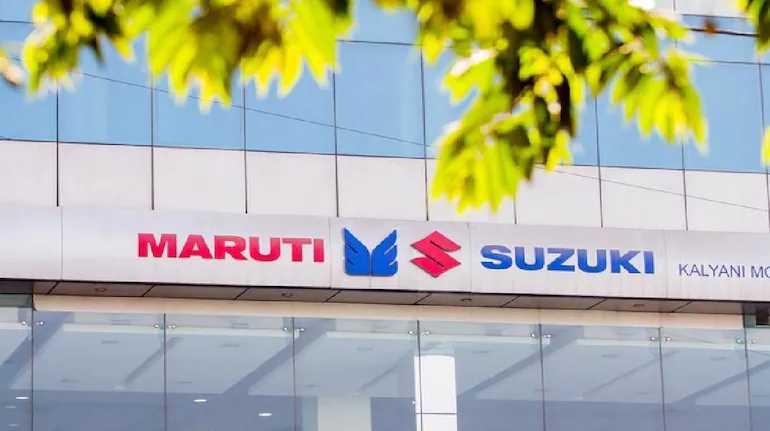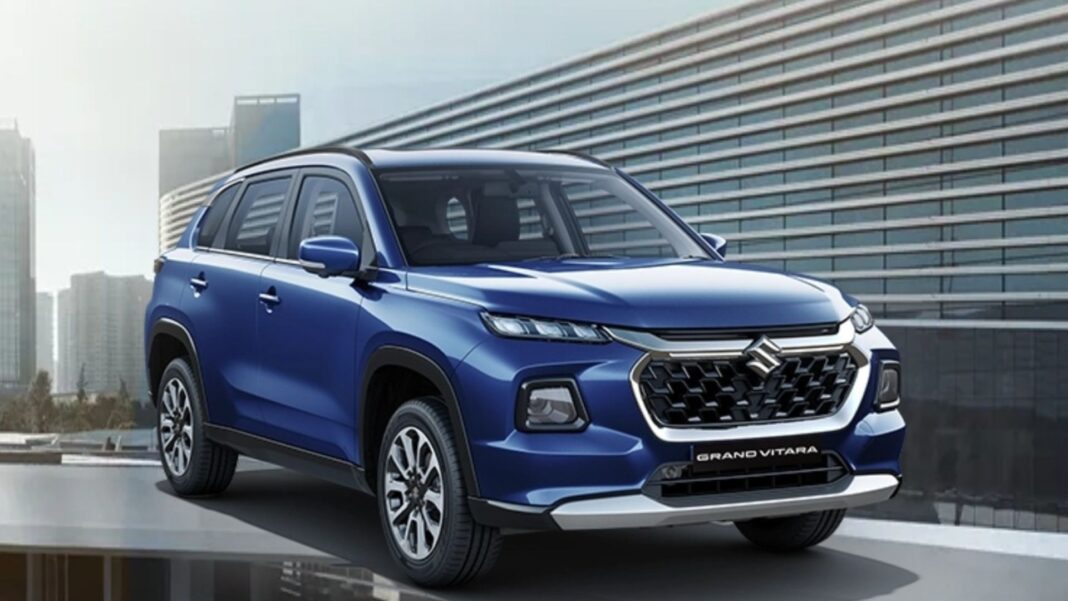Maruti Suzuki India, the nation’s largest car manufacturer, has announced a price increase of up to 4% across its entire vehicle lineup, effective April 2025. This decision comes as the company grapples with escalating input costs and operational expenses. The price hike will vary depending on the model, with some vehicles seeing higher increases than others. Despite efforts to optimize costs, Maruti Suzuki stated that a portion of the increased expenses would need to be passed on to the market.
This move follows a series of price hikes by Indian automakers in recent months. In December 2024, Maruti Suzuki implemented a 4% increase, which was followed by another hike in February 2025, ranging from ₹1,500 to ₹32,500 across select models. Similarly, Hyundai Motor India and Mahindra & Mahindra have also raised prices to offset rising costs. The automotive industry is facing challenges due to global commodity price surges, high import duties on raw materials, and supply chain disruptions.

Factors Driving the Price Increase
The primary reasons for the price hike are increased costs of key raw materials and operational expenses. Bloomberg data indicates that aluminium prices surged by 10.6% year-on-year, while rubber experienced an even steeper rise of 26.8%. These cost pressures have significantly impacted automakers’ production expenses.
Adding to these challenges, global shipping disruptions, particularly in the Red Sea, have led to a sharp rise in container rates. The disruption in maritime trade has resulted in higher logistics expenses, further straining manufacturers’ supply chains. Unfavorable currency fluctuations have inflated the cost of imported components, compounding the financial strain on the industry.
Impact on the African Market
While Maruti Suzuki’s primary market remains India, the company has been expanding its presence in Africa, including countries like Ghana and Nigeria. The price increase in India may have ripple effects on the African market, especially if the company adjusts its pricing strategies to align with global cost trends. In Ghana, where the automotive market is growing, a price hike could affect the affordability of Maruti Suzuki vehicles, potentially impacting sales. Similarly, in Nigeria, where economic conditions fluctuate, consumers may become more price-sensitive, influencing their purchasing decisions.
It’s important to note that Maruti Suzuki’s market share in these African countries is relatively small compared to other brands. Therefore, the direct impact of the price hike on the overall automotive market in these countries may be limited. Nonetheless, the company’s pricing strategies in India could serve as a benchmark for its operations in Africa, potentially influencing future pricing decisions.

As Maruti Suzuki navigates these economic challenges, the company remains committed to delivering value to its customers. The price increase reflects the ongoing pressures faced by the automotive industry globally. Consumers in India and potentially in Africa may need to adjust their expectations regarding vehicle prices. Maruti Suzuki’s ability to balance cost management with customer satisfaction will be crucial in maintaining its position in the competitive automotive market.




